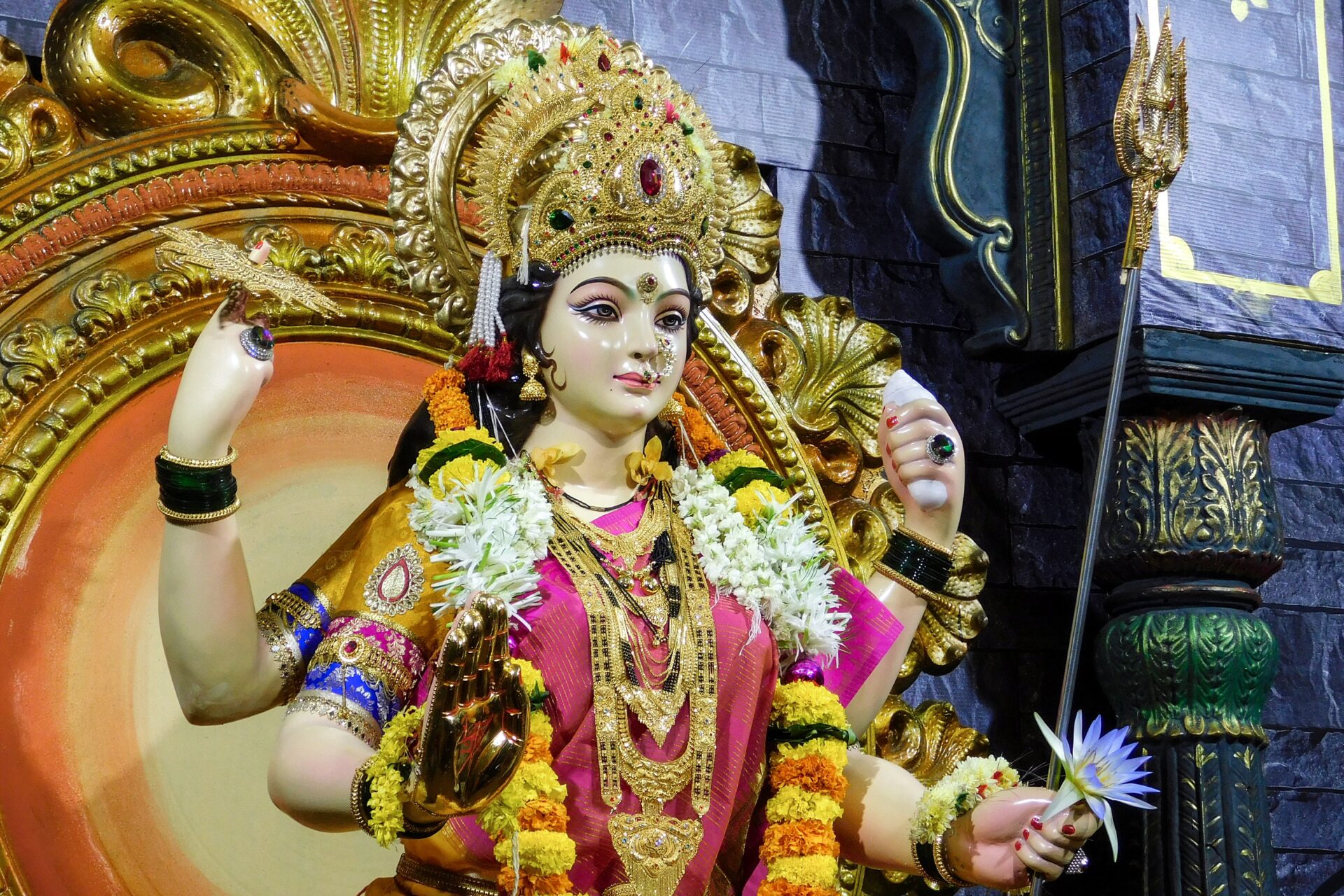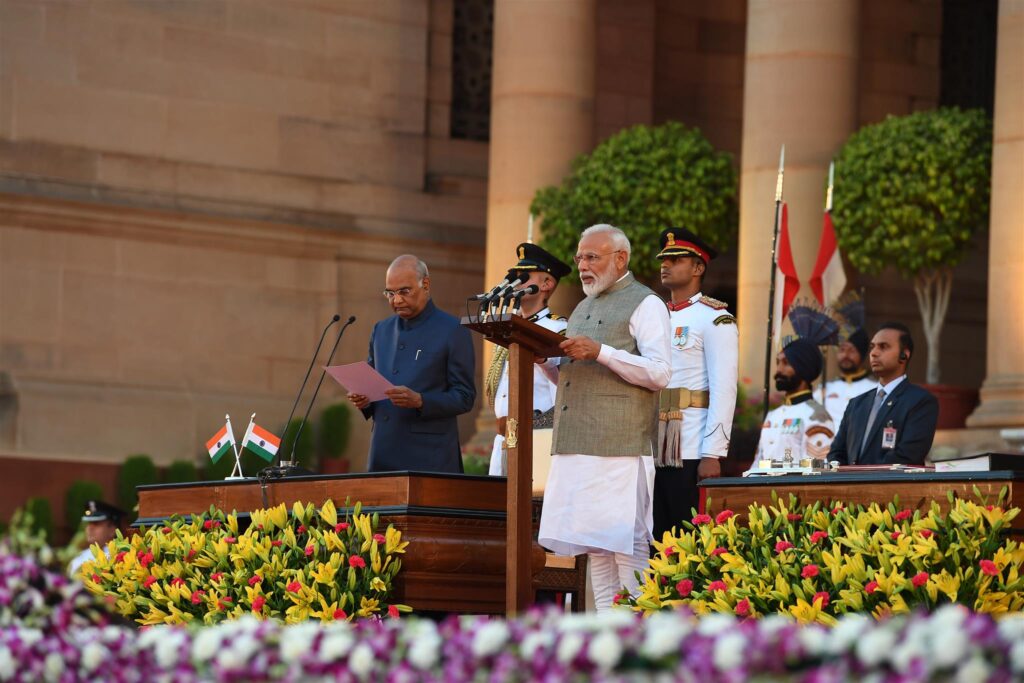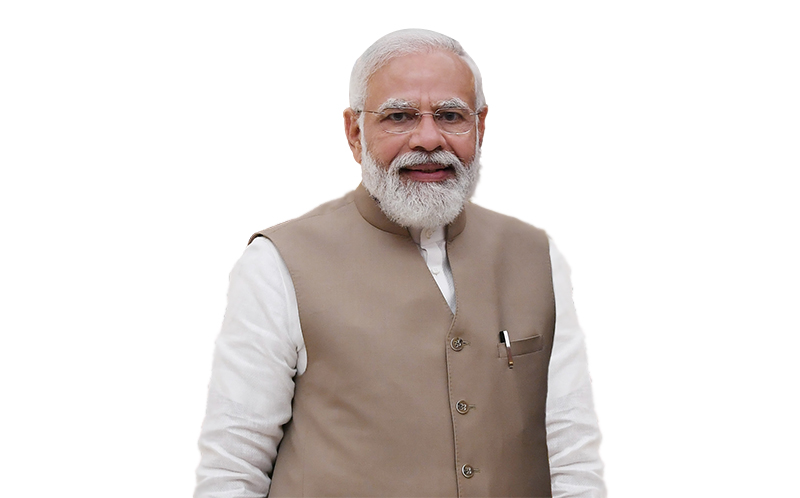India, or Bharat as it is known in Hindi, is a diverse and vibrant country with a rich cultural heritage. With a population of over 1.3 billion people, India has been home to various religions, including Hinduism, Islam, Christianity, Sikhism, Buddhism, and Jainism. One of the ongoing debates in recent times revolves around the concept of Hindu Rashtra, which refers to the idea of India as a Hindu nation.
Before delving into the details, it is important to note that this article aims to provide an overview of the concept of Hindu Rashtra and its implications. It is not intended to promote any specific ideology or religious belief.
Understanding Hindu Rashtra
Hindu Rashtra, or Hindu nation, is a concept that envisions India as a country where the principles and values of Hinduism form the guiding framework for governance and society. Proponents argue that embracing this status would help preserve the cultural heritage and traditions of the majority Hindu population.
Supporters of Hindu Rashtra argue that it would provide a sense of identity and unity among Hindus, who make up the largest religious group in India. They believe that by acknowledging the Hindu roots of the nation, India can build a stronger foundation for its development and progress.
Preserving Cultural Heritage
Advocates of the Hindu Rashtra status argue that it would help preserve India’s rich cultural heritage. Hinduism, with its ancient scriptures, rituals, and traditions, has played a significant role in shaping the country’s cultural fabric. By recognizing Hinduism as the guiding principle, proponents believe that the cultural heritage of India can be safeguarded for future generations.
Furthermore, they argue that embracing Hindu Rashtra would enable the promotion and preservation of various art forms, music, dance, and architecture that are deeply rooted in Hindu traditions. This, in turn, would contribute to the overall cultural richness of the nation.
Unity and National Identity
Supporters of Hindu Rashtra argue that it would foster a sense of unity and national identity among Hindus. India is known for its diversity, with numerous languages, customs, and traditions. However, proponents believe that a common thread of Hinduism can help bridge the gaps and create a stronger bond among the citizens.
They argue that by embracing the Hindu Rashtra status, India can overcome the challenges posed by religious divisions and promote a sense of inclusivity. This, in turn, would strengthen the social fabric of the nation and promote harmony among its citizens.
Secularism and Pluralism
While the concept of Hindu Rashtra emphasizes the importance of Hinduism, it is essential to note that proponents do not advocate for the exclusion or marginalization of other religious communities. They argue that a Hindu Rashtra can coexist with the principles of secularism and pluralism.
Supporters believe that a Hindu Rashtra status would provide a platform for the preservation and promotion of all religions, allowing them to thrive and flourish in an environment that respects and appreciates diversity. They argue that this would further strengthen the pluralistic nature of Indian society.
Conclusion
The concept of Hindu Rashtra, as an idea for India’s future, has its proponents and critics. While some argue that it can help preserve cultural heritage and foster a sense of national unity, others express concerns about potential marginalization of minority communities.
It is important to engage in open and respectful dialogue to understand different perspectives and work towards a harmonious and inclusive society. Ultimately, the future of Bharat lies in the hands of its citizens, who have the responsibility to shape the nation based on shared values, respect for diversity, and a vision for progress.


